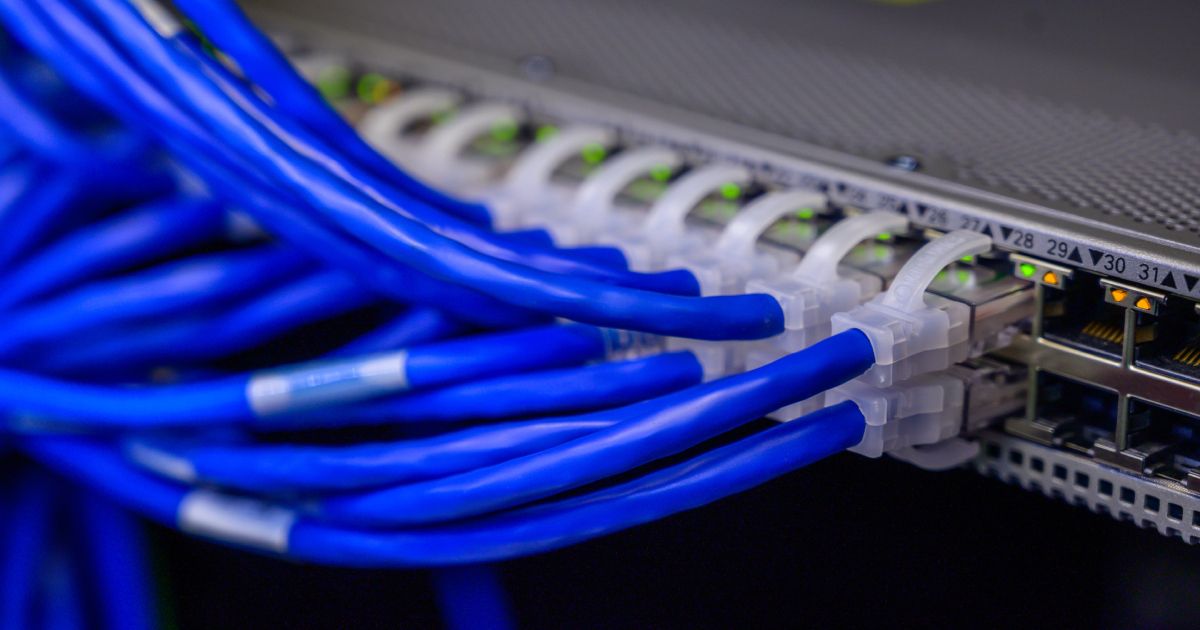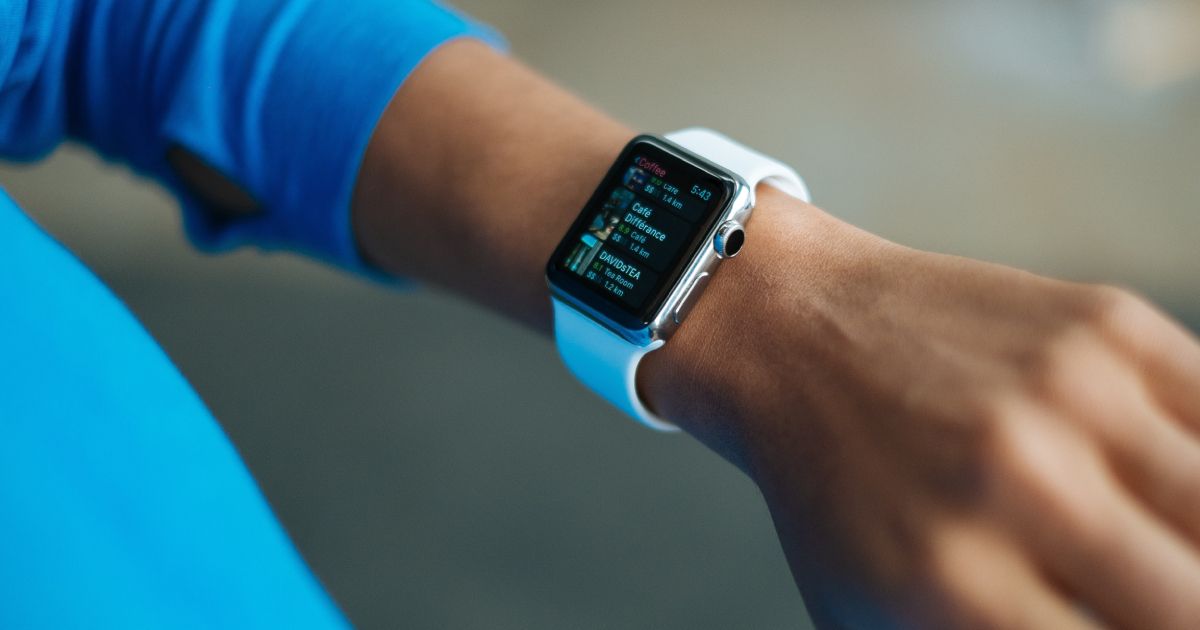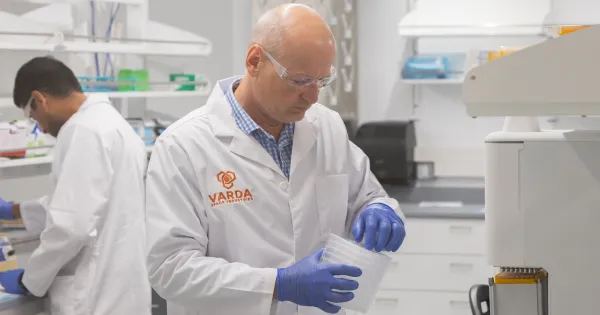5 Biggest Healthcare Tech Trends in 2023

The healthcare industry is continuously evolving, and technological advancements play a vital role in shaping its future.
As we step into 2023, several transformative healthcare technology trends are expected to redefine patient care, improve operational efficiency, and revolutionize the delivery of medical services.
From artificial intelligence to telemedicine, here are the five biggest healthcare tech trends that are set to make a significant impact in 2023.
1) Artificial Intelligence (AI) for Precision Medicine

With the advent of Artificial Intelligence (AI), precision medicine is on the brink of a revolution. This cutting-edge approach customizes medical treatments for individual patients, taking into account their unique genetic makeup, lifestyle, and environmental factors.
Leveraging AI algorithms, healthcare professionals can analyze extensive patient data, including genomic information and electronic health records, to identify intricate patterns and potential treatment options tailored to each patient's specific needs. The potential of this personalized approach is vast, as it holds the promise of transforming disease diagnosis, treatment selection, and prognosis prediction, ultimately resulting in improved patient outcomes and decreased healthcare costs.
AI's role in medical imaging is also making remarkable strides. AI-powered systems are now assisting radiologists in interpreting complex medical images, such as MRIs and CT scans, with unprecedented accuracy and efficiency. This advanced technology empowers early detection and diagnosis of diseases, leading to swifter intervention and more effective patient care.
The integration of AI into precision medicine and medical imaging is ushering in a new era of healthcare, where the union of human expertise and machine intelligence is set to elevate medical practices to unprecedented heights of precision and patient-centered care.
2) Telemedicine and Remote Patient Monitoring

The remarkable rise of telemedicine, spurred by the COVID-19 pandemic, is anticipated to maintain its rapid growth throughout 2023. This innovative technology facilitates remote medical consultations and seamless access to healthcare services, alleviating the necessity for in-person visits and democratizing healthcare for underserved populations.
Telemedicine platforms offer patients the convenience of consulting with healthcare providers via video calls, chat, or phone, providing a flexible and accessible means of communication that accommodates the needs of both patients and healthcare professionals.
Below are a some of the leading telemedicine companies:
- Teladoc Health: Teladoc Health is one of the largest and most well-known telemedicine companies, offering a wide range of virtual healthcare services, including medical consultations, mental health support, and expert medical opinions.
- Amwell: Amwell (formerly American Well) is a leading telehealth company that provides a comprehensive telemedicine platform for healthcare providers, healthcare systems, and individual patients. Their platform supports virtual visits, remote monitoring, and integrated workflows.
- Doctor on Demand: Doctor on Demand is a popular telemedicine company that connects patients with licensed healthcare providers through video consultations for medical and behavioral health services.
- MDLive: MDLive is a telemedicine platform that offers virtual consultations with licensed therapists, doctors, and psychiatrists. They cover a wide range of medical and behavioral health services.
- PlushCare: PlushCare is a telemedicine company that focuses on primary care services, offering virtual visits with board-certified doctors for various non-emergency medical conditions.
Telemedicine's far-reaching benefits extend beyond convenience and accessibility. It enhances the efficiency of healthcare delivery by reducing waiting times and streamlining medical consultations. For patients residing in remote areas or with limited mobility, telemedicine bridges the gap between medical expertise and remote locations, making it possible to receive quality healthcare without the constraints of geographical boundaries.
As telemedicine continues to evolve, it promises to revolutionize the healthcare landscape by offering an alternative and complementary approach to traditional in-person care, ultimately transforming how healthcare is delivered and experienced worldwide.
3) Blockchain for Enhanced Security and Interoperability

In the healthcare sector, blockchain technology is steadily gaining momentum, presenting robust and decentralized data storage solutions. Its inherent tamper-resistant nature provides a high level of security, safeguarding medical records and sensitive patient information from potential data breaches and unauthorized access.
By utilizing blockchain's distributed ledger system, healthcare providers can securely share patient data, fostering improved care coordination and a seamless flow of information across different entities. This enhanced interoperability holds the potential to minimize medical errors, as healthcare professionals can access comprehensive patient records, leading to more accurate diagnoses and personalized treatment plans.
Furthermore, blockchain's immutable and transparent nature instills trust among patients, as they can easily verify the accuracy and authenticity of their medical records. This heightened transparency reinforces patient privacy and confidentiality while empowering individuals to take greater control over their healthcare data.
As the adoption of blockchain technology grows within the healthcare ecosystem, the industry is poised for a significant transformation, wherein data security, interoperability, and patient empowerment converge to create a more resilient and patient-centric healthcare landscape.
4) Internet of Things (IoT) in Healthcare

The Internet of Things (IoT) is making remarkable advancements in the healthcare industry, ushering in a new era of patient monitoring and healthcare management. Through interconnected devices and sensors, IoT is enhancing the capabilities of medical practitioners to keep a close eye on patients' health.
IoT-enabled devices, such as Continuous Glucose Monitors (CGMs), Blood Pressure Monitors (BPMs), and Wearable ECG Monitors, continuously collect real-time health data, empowering healthcare providers to monitor patients' conditions more effectively and take timely interventions when necessary. This proactive approach to patient care not only improves health outcomes but also reduces the likelihood of complications and hospital readmissions.
Additionally, wearable fitness trackers like the Apple Watch, for instance, allow patients to monitor their daily activity levels, heart rate, and sleep patterns, providing valuable insights into their overall well-being. In parallel, remote monitoring devices enable healthcare providers to track vital signs, blood glucose levels, and other critical health metrics of patients remotely. The seamless integration of IoT technology in healthcare fosters a more patient-centric approach to medical treatment, as patients can remain connected to their healthcare teams even beyond the confines of a medical facility.
As IoT continues to evolve, it is set to revolutionize patient care, enabling greater precision and personalized interventions that enhance patient outcomes and elevate the overall quality of healthcare services.
5) Virtual Reality (VR) and Augmented Reality (AR) in Medical Education and Therapy

Virtual Reality (VR) and Augmented Reality (AR) are revolutionizing the fields of medical education and therapy, offering immersive and interactive experiences that have transformative impacts on learning and treatment.
In medical education, VR simulations are providing aspiring medical students and healthcare professionals with invaluable opportunities to hone their skills and expertise. Through VR, trainees can practice complex surgical procedures, accurately diagnose medical conditions, and navigate realistic medical scenarios, all without risking the well-being of real patients. This hands-on approach to learning fosters greater confidence and proficiency among medical practitioners, ultimately leading to improved patient care and safety.
Beyond medical education, VR and AR are increasingly being employed as therapeutic interventions. In the realm of mental health, VR therapy is proving to be an innovative and effective approach to treat various conditions such as anxiety, phobias, and post-traumatic stress disorder. By immersing patients in controlled virtual environments, VR therapy enables individuals to confront and overcome their fears in a safe and controlled manner, facilitating personalized and targeted treatment.
Additionally, AR is making waves in surgical settings, offering surgeons real-time overlays of critical patient data, such as MRI images, during procedures. This augmentation of information equips surgeons with comprehensive insights, enhancing surgical precision and patient outcomes. As VR and AR technologies continue to advance, their applications in medical education and therapy hold immense promise for revolutionizing healthcare practices and optimizing patient care.
Final Thoughts
As we embark on the journey into 2024, the healthcare industry is witnessing an unprecedented surge of transformative technologies. Artificial Intelligence, telemedicine, blockchain, IoT, and virtual reality are reshaping patient care, medical education, and healthcare delivery.
These trends hold the promise of improving patient outcomes, enhancing the efficiency of healthcare operations, and paving the way for a more patient-centered and technologically advanced future in healthcare.
As these technologies continue to evolve, their widespread adoption is likely to usher in a new era of healthcare innovation and transformation.





